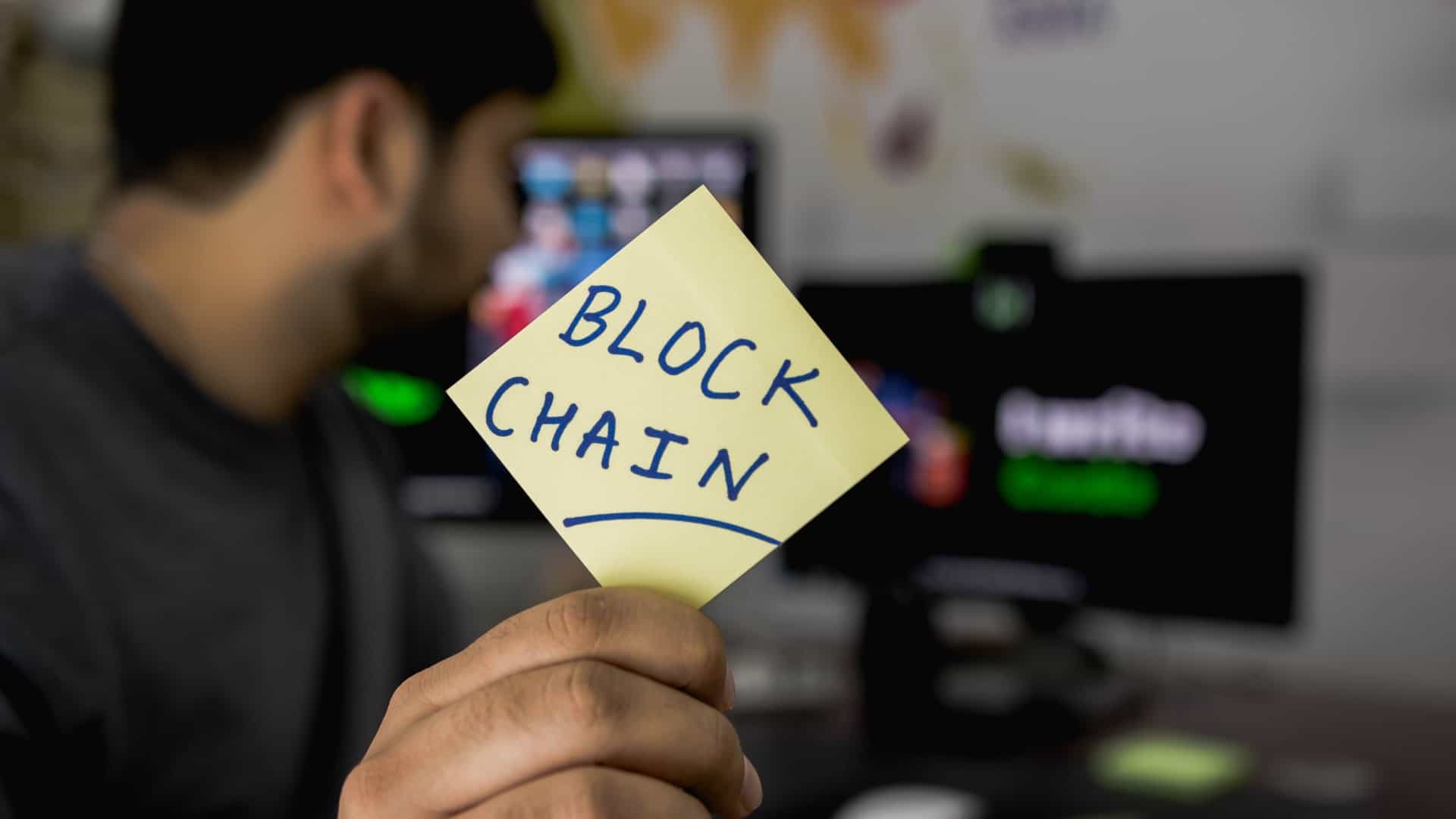Join Our Telegram channel to stay up to date on breaking news coverage
It seems this festive season involves questioning all sorts of election processes. While the US elections are hotly contested by those that lost it, researchers at MIT are making a new argument. These researchers are advocating against the use of blockchain or Internet-based voting systems in the future.
Some Very Negative Opinions
The Massachusetts Institute of Technology had its Computer Science and Artificial Intelligence Laboratory give out a report on the 16th of November, 2020. In this report, it’s claimed that blockchain voting technology doesn’t stand as a reliable method of promoting higher levels of turnout, running further risk of hackers trying to affect the elections, as well
Micheal Spector, Sunoo Park, Ronald L. Rivest, and Neha Narula stand as the cybersecurity team that made this conclusion. They described the use of blockchain in voting as wholly unsuitable for political elections for the “foreseeable future.”
This stands in comparison to software-independent methods, such as male-in ballots and voting in person. One of the key concerns about the matter was regarding the lack of secrecy of the ballots themselves, as they can be traced to the blockchain itself.
Alongside this, another key argument against this is the lack of auditing should there be a contested race, such as what’s happening now in the US.
Downright Insulting Blockchain
Rivest stands as a professor at MIT and the report’s senior author, highlighting how the current election system isn’t anywhere near perfect. Even so, he argued that the risk of nation-scale undetectable election failures would only increase dramatically should blockchain be used. According to Rivest, any increase in turnout would be lost due to a lack of assurances that the votes were counted as they were cast.
From there, Rivest said something downright humorous, if not offensive to most of the blockchain users out there: He claimed that blockchain systems were so unreliable, in his eyes, that he wouldn’t even trust it with a jelly bean count at a county fair, let alone a presidential election.
Lack Of Reversibility Key Issue
One of the key arguments that the team makes regarding the use of blockchain technology for democratic voting was the difference between financial transactions and voting. Should a hack occur to a financial institution, they have ways to compensate victims for their losses. This even applies to select crypto exchanges, who are capable of freezing tokens they associate with a hack.
The report claims that there can’t be any form of recourse or insurance should the democratic election fail, so there would be no way of compensating the voters should it be compromised.
Join Our Telegram channel to stay up to date on breaking news coverage



